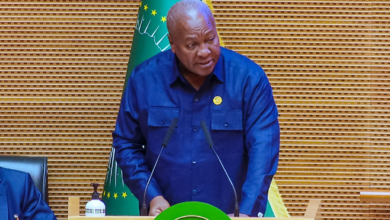Intra-African Trade : a key lever for economic resilience
The latest UNCTAD report on Africa's economic development highlights a crucial reality: to turn its vulnerabilities into sustainable opportunities, Africa must focus on intra-regional trade, strategic investments, and bold economic reforms.
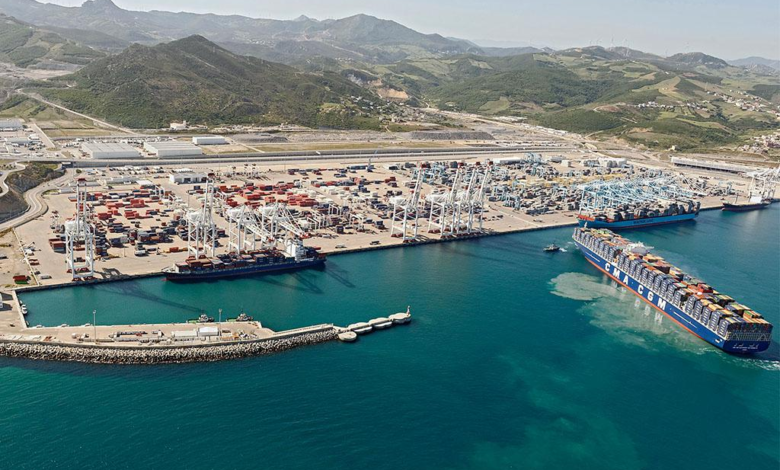
Today, intra-African trade accounts for only 16% of the continent’s total trade, despite the African Continental Free Trade Area (AfCFTA) offering a market potential of $3.4 trillion. Its full implementation could boost trade, diversify economies, and reduce the continent’s dependence on volatile global markets.
Increased vulnerability to global shocks
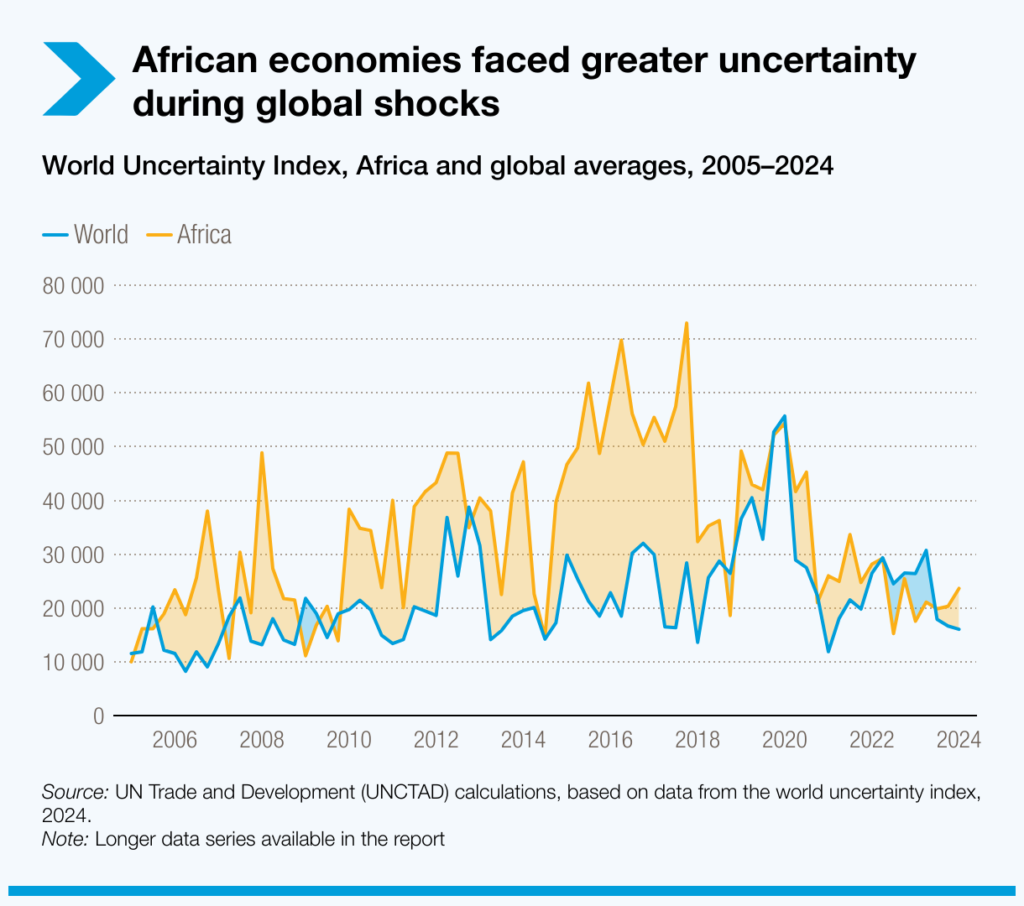
Africa remains highly exposed to fluctuations in commodity prices and global economic crises. Nearly half of African countries rely on oil, gas, or minerals for at least 60% of their export revenues. This revenue concentration in a few sectors makes them more vulnerable to global economic cycles.
“Africa faces serious challenges, from global market volatility to high debt costs and infrastructure deficits,” says Rebeca Grynspan, Secretary-General of UNCTAD.
However, these challenges also present an opportunity: by diversifying exports and developing regional value chains, African countries can secure their revenues and better absorb economic shocks.
Infrastructure: A major barrier to trade
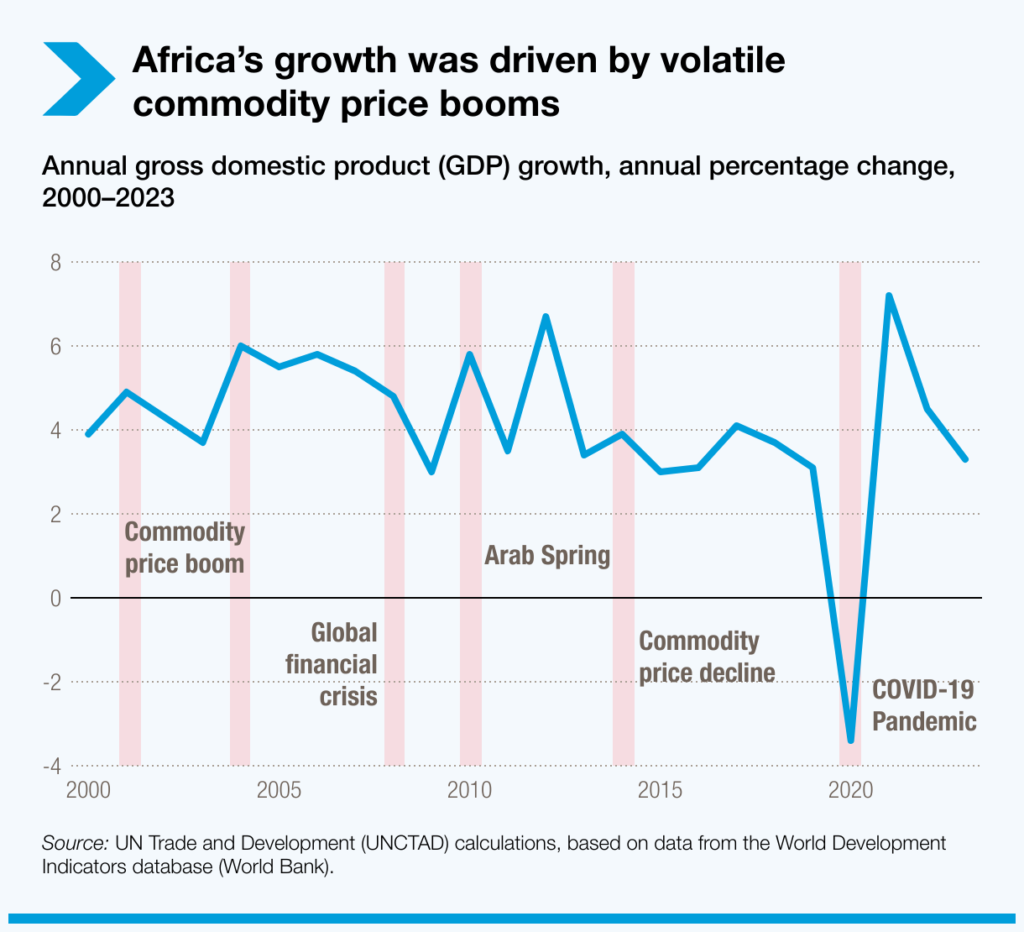
Inadequate infrastructure hinders the growth of intra-African trade. Currently, trade costs on the continent are 50% higher than the global average due to deficiencies in transportation, energy, and information and communication technology (ICT) sectors.
Transportation, in particular, poses a significant challenge. The lack of efficient roads and logistics corridors increases delivery times and costs, reducing the competitiveness of African businesses. Similarly, energy shortages limit industrial production and stifle innovation.
“Investing in infrastructure and digital connectivity is essential to unlock growth and reduce trade costs,” the report emphasizes.
Supporting SMEs: The backbone of Africa’s economy

Small and medium-sized enterprises (SMEs) play a central role in Africa’s economy, accounting for 80% of jobs on the continent. Yet, they remain vulnerable to economic fluctuations, lack of access to financing, and deficient infrastructure.
Access to credit is a major challenge: 32% of African businesses cite financing as their primary obstacle. To address this, the report recommends expanding access to affordable credit, developing risk management tools, and strengthening regional supply chains.
Towards sustainable economic transformation
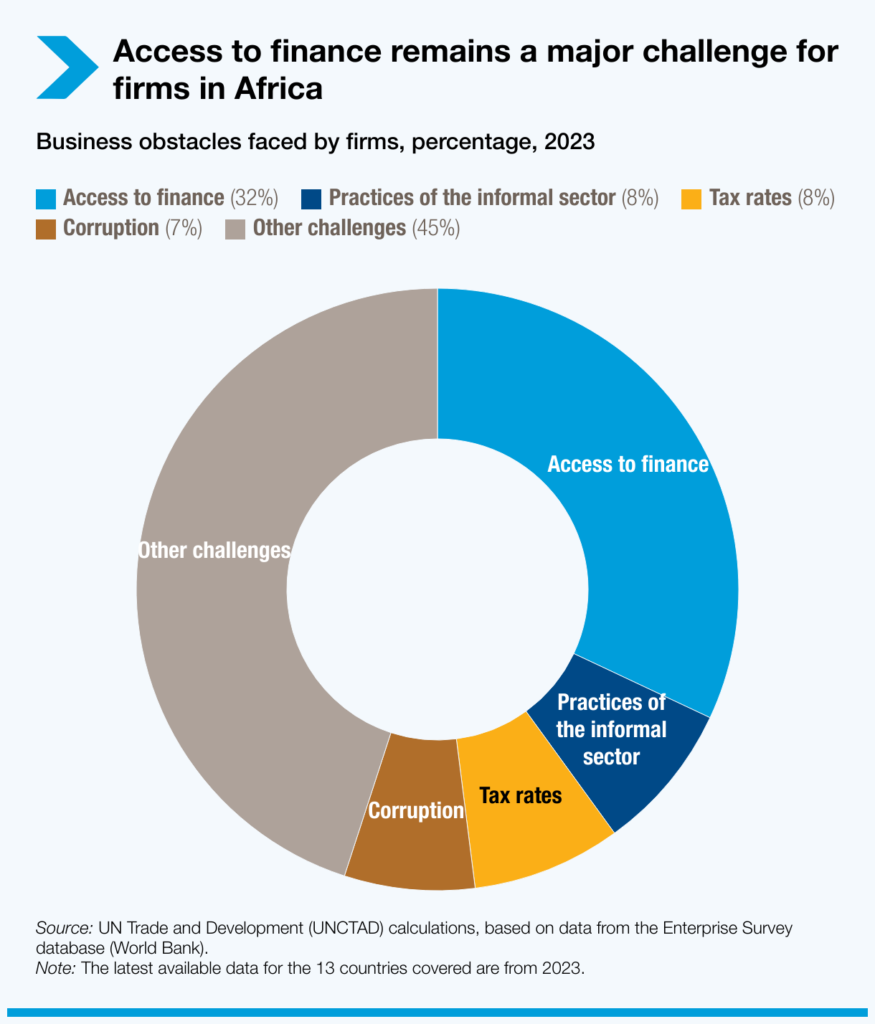
To unlock the full potential of intra-African trade and strengthen the continent’s economic resilience, UNCTAD highlights several key recommendations:
- Incentives for industrialization: Tax relief, low-interest loans, and reduced investment costs for manufacturing businesses focused on regional markets.
- Risk management mechanisms: Creation of regional funds and early warning systems to respond to economic and trade crises.
- Support for struggling businesses: Implementation of tailored financing solutions to help companies weather external shocks and preserve jobs.
By combining ambitious reforms, strategic investments, and enhanced regional cooperation, Africa can not only reduce its dependence on external markets but also build inclusive and sustainable growth.
“With bold reforms and the full implementation of AfCFTA, Africa can emerge stronger, more resilient, and more competitive,” concludes Rebeca Grynspan.



